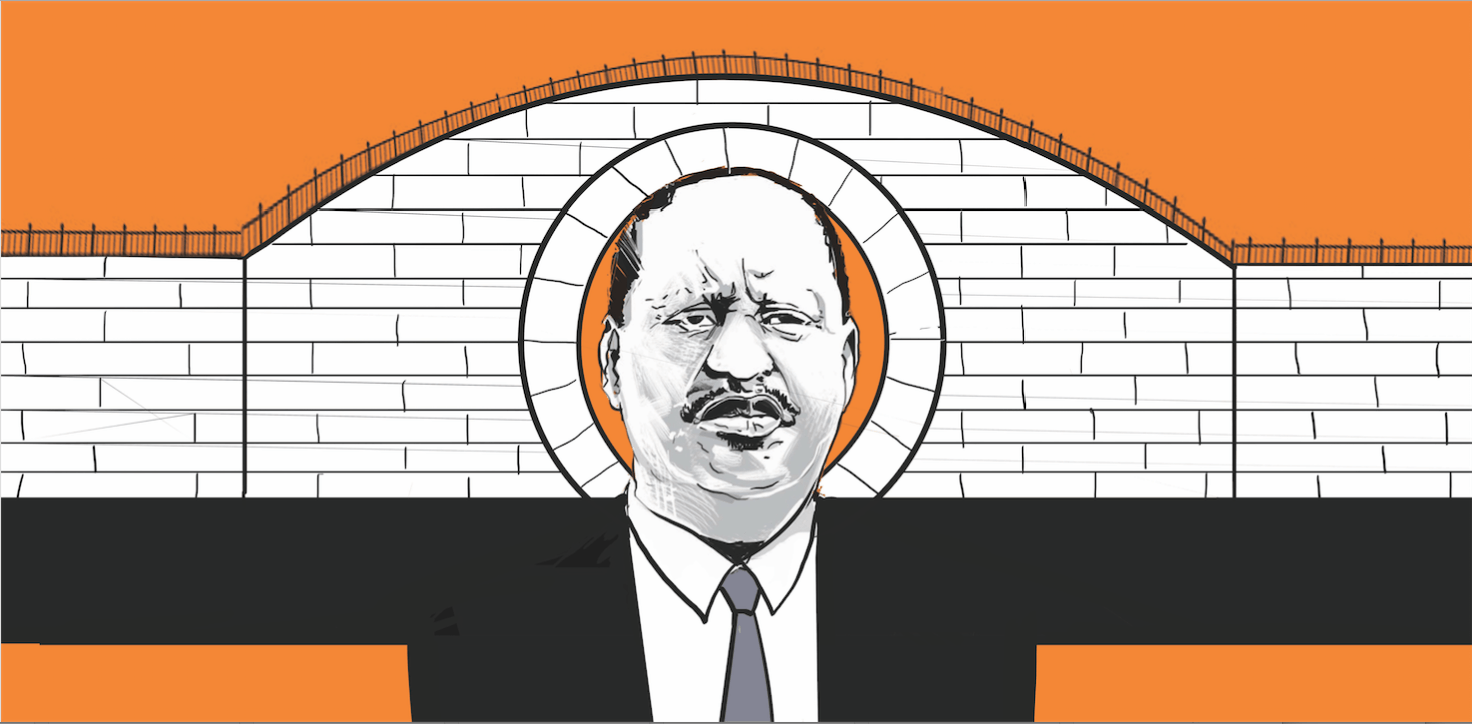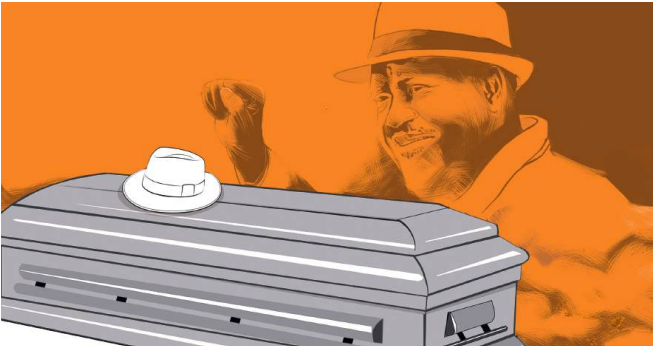

“Today is life, the only life you are sure
of. Make the most of it. Growing older is the highest form of privilege.”
This week, Kenya laid to rest one of her greatest sons, Raila Amolo Odinga. His passing felt like the closing of a long chapter, not only of politics but of purpose.
For those of us who grew up watching him challenge power and stand for principle, his death marked more than the end of a career. It was a pause, a quiet reminder of how fragile conviction can be in a world that rewards convenience.
But this is not his eulogy. It is ours. If we, the living, forget what he stood for, the courage to endure, the patience to build and the faith to keep believing, then his struggle becomes only a story. And stories, when not lived forward, fade.
Raila’s years were shaped by struggle, resilience and a stubborn belief that Kenya could be better than it was.
He spent his life in motion, imprisoned, exiled, opposed, yet he kept showing up. That consistency is what defined him. Not just his words or ambitions, but the fact that he refused to stop trying. Growing older is a privilege, yet we often mistake longevity for legacy.
The real test of a life is not how long it lasted but what it gave. Raila gave us time, decades of it, spent trying to build something that could outlive him. The question now is not whether Kenya has potential but whether we will use it.
Potential is a strange thing. It sounds limitless, but it expires. Every idea we sit on, every silence where courage is needed, every corner we cut, all of it drains the promise we were given. We talk about change as if it were a speech, but it is really a habit. It is the daily work of people who choose to care even when it costs them something.
I have spent much of my life in hospitals. There, you learn that healing takes time and that progress rarely looks like progress while it is happening.
Nations are the same. The real work is slow and quiet. It happens when no one is watching, when people do their jobs well, tell the truth, or refuse to give up on a small reform that might one day save a life. We live in a time when it is easy to comment but hard to commit. Yet every nation is built not by critics but by those who stay.
Raila’s life is a reminder that perseverance is not stubbornness. It is faith in motion, the belief that even if you do not see the finish line, the act of running still matters.
He was not perfect, but he was purposeful. He carried both triumph and loss with the same calm that comes from knowing you are serving something larger than yourself.
That, to me, is the measure of greatness, the ability to keep going even when it no longer benefits you directly. Each of us now carries a small piece of that unfinished work. Whether in a classroom, a clinic, a court or a small business, we hold a corner of this nation’s flag.
The question that will define us is simple: will we raise it higher or let it fall? This is not a eulogy for the past. It is a call to the living, to remember that the future does not belong to the loudest voices but to the most consistent ones, the people who keep doing the work even when the cameras move on. Nations do not die when their heroes fall. They die when their people stop trying to rise.
So let us rise, not out of sentiment but out of duty. Let us build the Kenya we keep imagining, not someday but today, because today is life, and what we do with it will become the story our children tell. And in Raila Odinga’s own words: “You don’t want to live in the past. Everything in life is in the future.
You
don’t want to continue to be buried in the past.”
He was right. The past belongs to memory. The future belongs to effort. What we
do between the two will determine who we become.
Surgeon, writer and advocate
of healthcare reform and leadership in Africa















